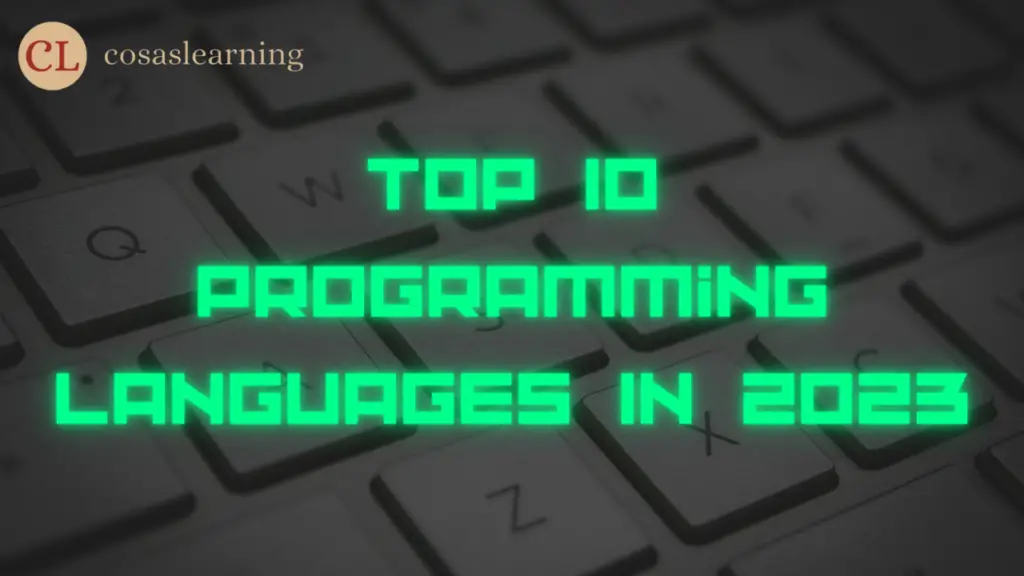In today’s modern world, information is highly valuable and influences decision-making in different fields. This has led to an increased need for trained data scientists. Data scientists are professionals who possess the expertise to extract insights from complex datasets and translate them into actionable solutions. If you aim to become a data scientist, having a clear plan is crucial for learning the necessary skills and knowledge. This article will guide you and serve as a comprehensive roadmap to achieve success in your journey as a data scientist.
Introduction to Data Science
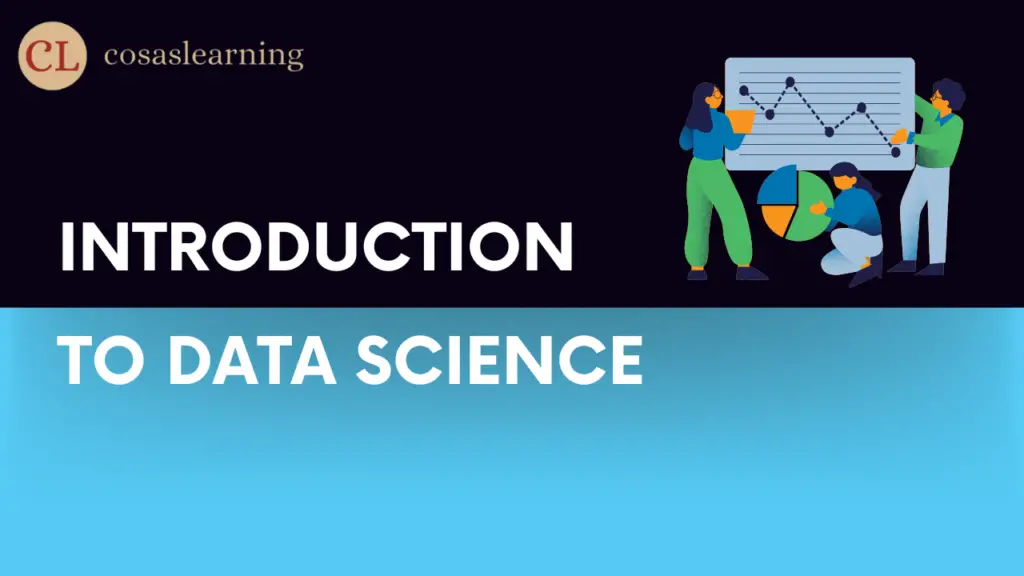
Data science uses different methods to learn from both organized and unorganized data. It includes subjects like math, computer science, and expertise in specific areas. Data scientists examine data to discover patterns, make forecasts, and aid in decision-making.
Essential Skills for Data Scientists
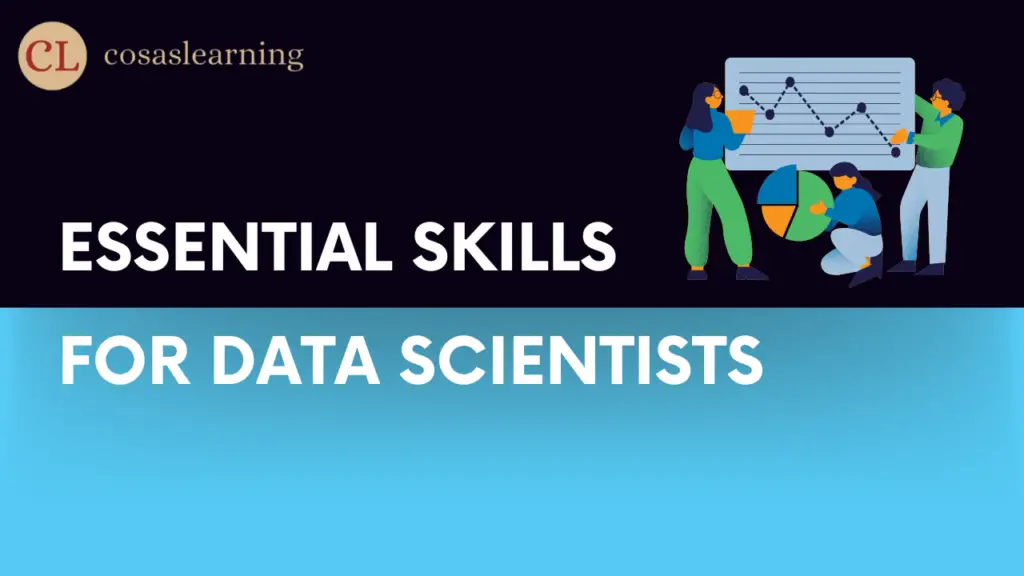
To become a thriving data scientist, it is crucial to attain a wide range of skills. Let’s explore the key skills that are vital for data scientists.
Mathematical and Statistical Skills
Data scientists must understand mathematics and statistics to analyze and model data effectively. Skills in linear algebra, calculus, probability, and statistics are essential for advanced data analysis.
Programming and Software Engineering Skills
Proficiency in programming languages such as Python and R is essential for data scientists. These languages offer robust libraries and frameworks for manipulating, analyzing, and modeling data. Additionally, knowledge of software engineering principles, version control systems like Git, and command-line tools is beneficial for collaboration and reproducibility.
Data Manipulation and Analysis Skills
Data scientists should be skilled in data manipulation techniques to clean and preprocess datasets effectively. They should also possess expertise in exploratory data analysis (EDA) to uncover insights and trends in data. Moreover, feature engineering and data wrangling skills are crucial for preparing data for machine learning algorithms.
Machine Learning and Artificial Intelligence Skills
A data scientist’s skill set is centered around being proficient in machine learning algorithms and techniques. Data scientists should be familiar with various supervised and unsupervised learning algorithms, deep learning models, and reinforcement learning concepts. This knowledge enables them to build accurate predictive models and extract valuable insights from data.
Communication and Visualization Skills
Effective communication is essential for data scientists to convey complex findings to non-technical stakeholders. Data storytelling and visualization skills help data scientists present their insights in a clear and compelling manner. Proficiency in tools like Tableau, Matplotlib, and ggplot for data visualization is highly beneficial.
Educational Background and Degree Requirements

While it’s not necessary to have a specific educational background, acquiring a degree in data science or a related field can lay a strong foundation for a data scientist career. The following options are available for aspiring data scientists:
Bachelor’s Degree in Data Science or Related Field
Several universities provide bachelor’s programs focused on data science or related fields like computer science, mathematics, or statistics. These programs provide a comprehensive curriculum covering the essential skills required for data scientists.
Master’s Degree in Data Science
A data science master’s degree provides advanced knowledge and skills in the field. It offers specialized coursework and opportunities for hands-on experience through projects and internships, enhancing the practical skills necessary for a data scientist.
Online Courses and Bootcamps
Online platforms and bootcamps offer a flexible and accessible way to acquire data science skills. These programs often provide practical, hands-on training in various data science tools, programming languages, and machine learning algorithms.
Gaining Hands-On Experience
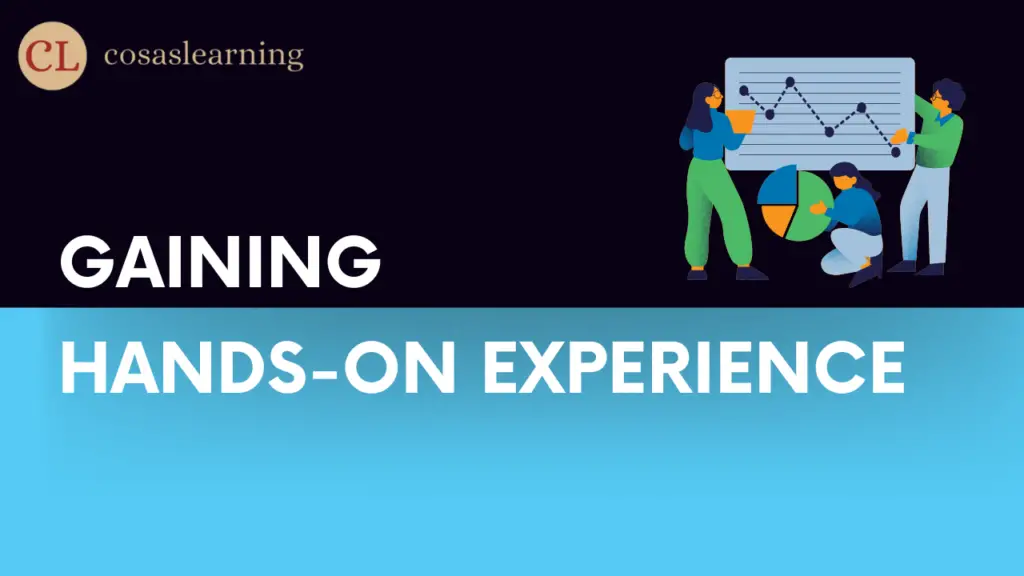
Acquiring hands-on experience is crucial for becoming a proficient data scientist. Here are some ways to gain practical experience:
Working on Real-World Projects
Participating in real-world projects enables you to apply your skills, solve practical problems, and create a portfolio. Collaborating with industry professionals or participating in data science competitions provides valuable exposure and showcases your abilities.
Participating in Kaggle Competitions
Kaggle is a platform that hosts data science competitions where participants can solve real-world problems using provided datasets. Joining Kaggle competitions lets you assess your skills, learn from fellow participants, and earn recognition in the data science community.
Open Source Contributions and GitHub Projects
Contributing to open source projects and creating projects on platforms like GitHub showcase your expertise and foster collaboration with fellow data scientists. It provides an opportunity to learn from the community, showcase your work, and establish credibility.
Building a Strong Foundation in Mathematics and Statistics
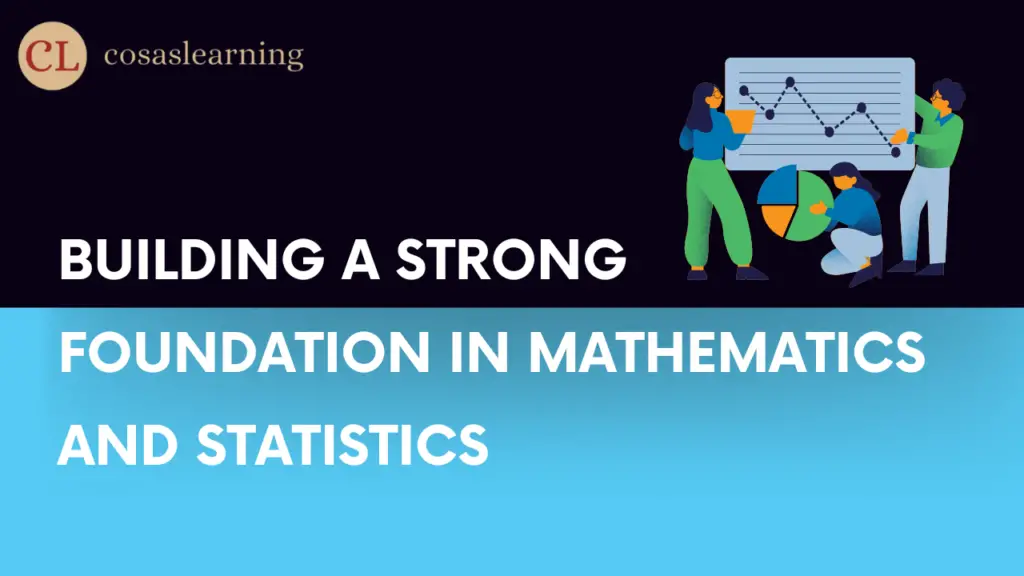
To succeed in data science, a strong grasp of fundamental mathematical and statistical concepts is essential. The following areas are particularly important to focus on:
Linear Algebra
Linear algebra is the foundation of many data science algorithms and techniques. Concepts like vectors, matrices, and matrix operations are essential for tasks such as dimensionality reduction, eigendecomposition, and solving systems of linear equations.
Calculus
Calculus plays a vital role in optimization algorithms used in machine learning. Understanding concepts like derivatives and gradients helps in optimizing model parameters and evaluating their impact on the objective function.
Probability and Statistics
Probability theory and statistical methods are crucial for comprehending uncertainty, hypothesis testing, and drawing conclusions from data. Concepts like probability distributions, statistical tests, and regression analysis are crucial for data analysis and modeling.
Mastering Programming and Software Engineering
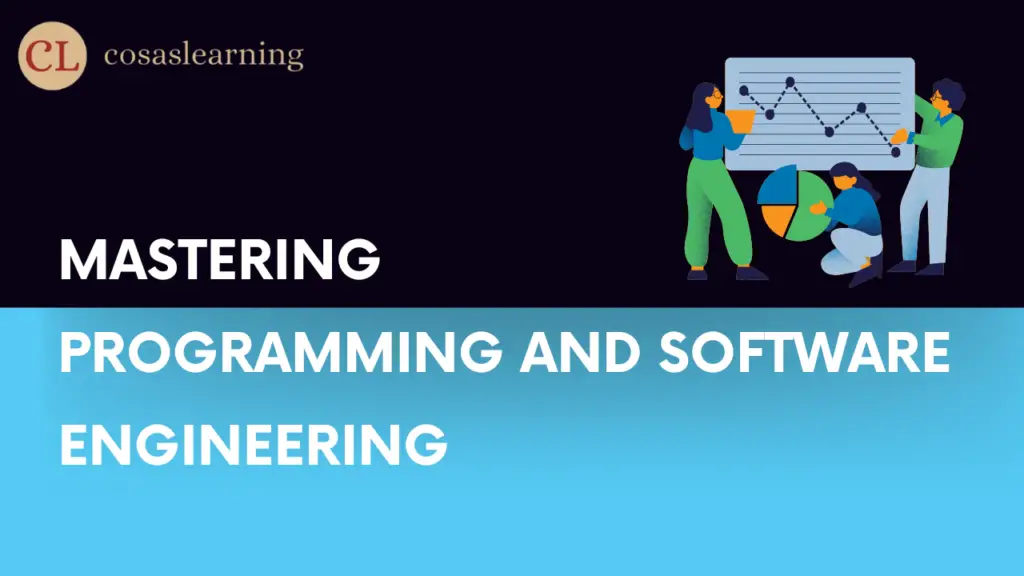
Proficiency in programming and software engineering is essential for data scientists. Focus on the following areas:
Python and R Programming Languages
Python and R are popular programming languages extensively utilized in the data science community. Mastering these languages allows you to leverage their rich ecosystems of libraries and frameworks for data manipulation, analysis, and modeling.
SQL and Database Management
Knowing SQL (Structured Query Language) is crucial for handling relational databases. Understanding how to write efficient queries and manipulate data using SQL is beneficial when dealing with large datasets.
Version Control with Git
Git is a powerful version control system that enables collaboration and helps manage code repositories. Learning Git enables you to track changes, collaborate on projects, and keep a record of your code history.
Developing Data Manipulation and Analysis Skills
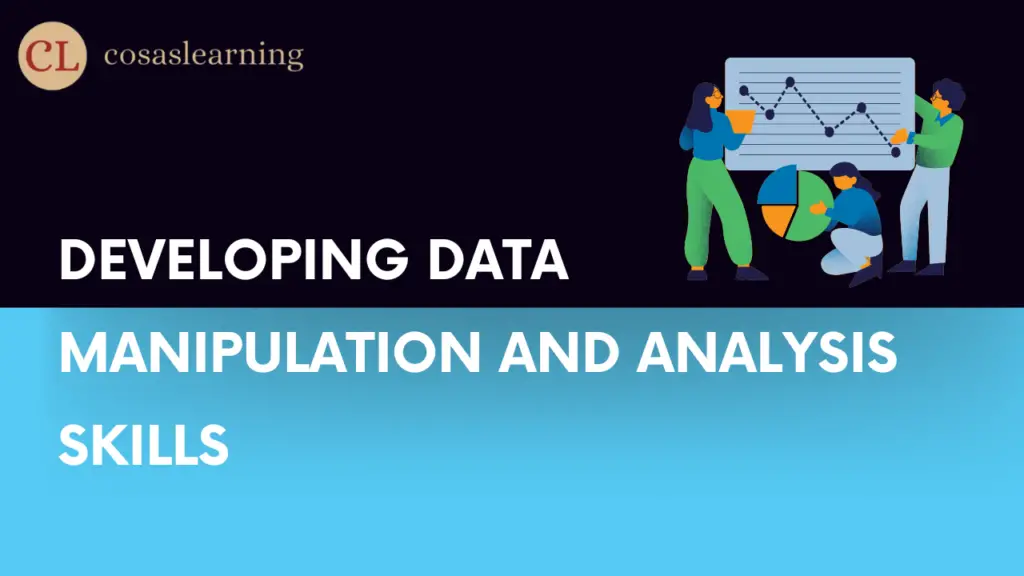
Data manipulation and analysis form the core of a data scientist’s work. Pay attention to the following areas:
Data Cleaning and Preprocessing
Cleaning and preprocessing data is necessary to handle missing values, outliers, and inconsistencies. Learning techniques for data cleaning ensures the data is suitable for analysis and modeling.
Exploratory Data Analysis (EDA)
EDA entails visually exploring and summarizing data to uncover insights and detect patterns. Exploring distributions, correlations, and relationships between variables helps in understanding the data before building models.
Feature Engineering
Feature engineering entails converting raw data into useful features that enhance the performance of a model. Techniques like scaling, encoding categorical variables, and creating new features based on domain knowledge enhance the predictive power of models.
Data Wrangling and Transformation
Data wrangling encompasses tasks like merging datasets, reshaping data, and aggregating information. Having skills in data wrangling ensures the data is in the right format for analysis and modeling.
Understanding Machine Learning and Artificial Intelligence
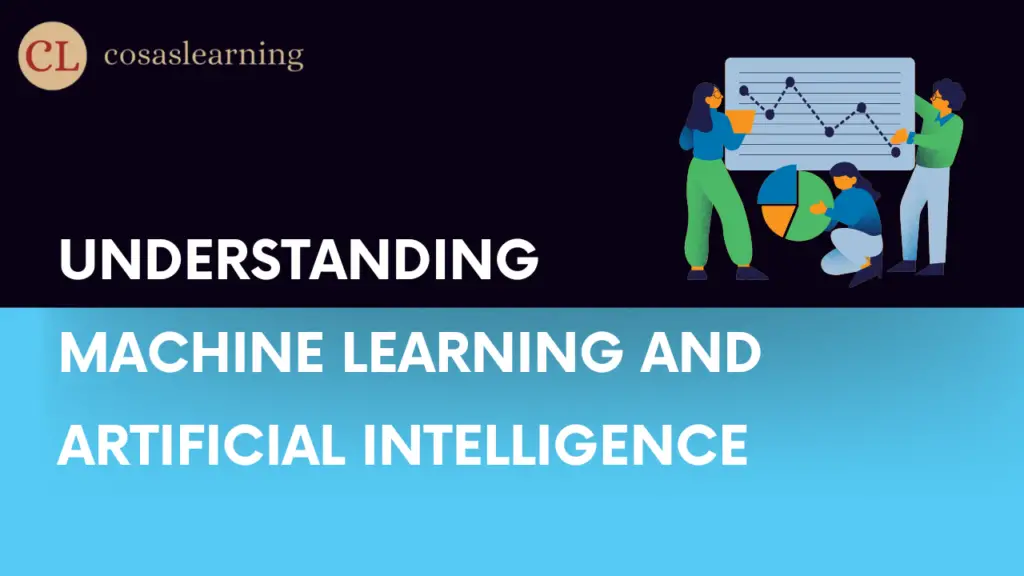
Machine learning and artificial intelligence play a leading role in data science. Familiarize yourself with the following areas:
Supervised Learning
Supervised learning involves training models on labeled data to make predictions or classify new data points. Algorithms like linear regression, decision trees, and support vector machines are commonly used for supervised learning tasks.
Unsupervised Learning
Unsupervised learning involves extracting patterns and structures from unlabeled data. Clustering algorithms, dimensionality reduction techniques like PCA (Principal Component Analysis), and association rule mining are examples of unsupervised learning techniques.
Deep Learning and Neural Networks
Deep learning employs neural networks with multiple layers to understand data in hierarchical representations. CNNs process images, RNNs handle sequences, and Transformers excel in language processing. These are popular deep learning architectures.
Reinforcement Learning
Reinforcement learning trains agents to make decisions using rewards and punishments in an environment. It finds applications in areas such as robotics, gaming, and autonomous systems.
Communication and Visualization Skills
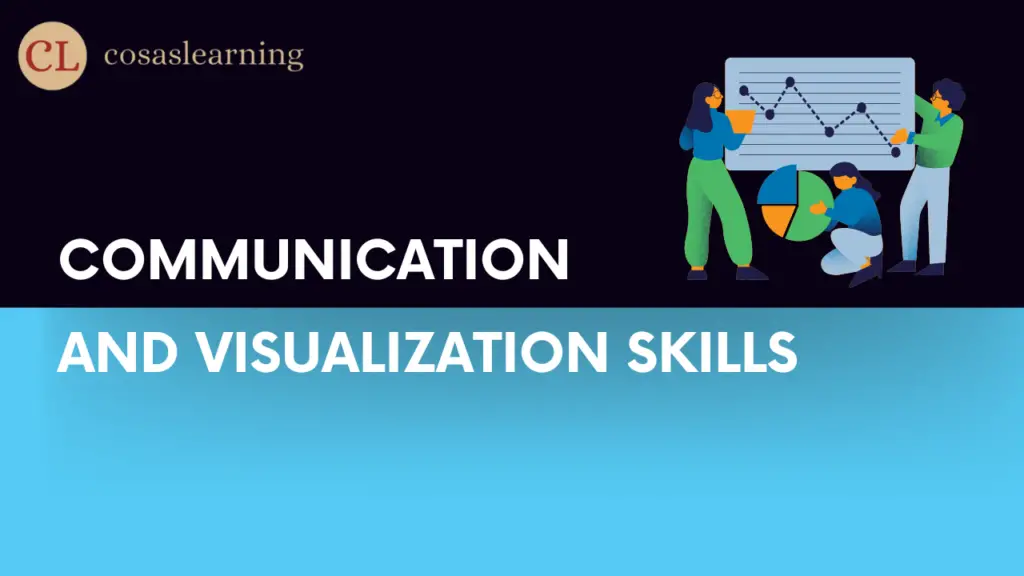
Data scientists should effectively communicate their findings to various stakeholders. Focus on the following areas:
Data Storytelling
Data storytelling involves presenting data and insights in a compelling narrative that resonates with the audience. It helps non-technical stakeholders understand the significance of the data and the insights derived from it.
Data Visualization Techniques
Data visualization allows you to present complex information visually. Mastery of visualization tools like Tableau, Matplotlib, and ggplot enables you to create informative and visually appealing visualizations.
Effective Reporting and Presentation
Developing skills in reporting and presentation helps you convey complex concepts and results in a concise and understandable manner. Presenting insights, recommendations, and limitations in a clear and structured format is crucial for effective communication.
Keeping Up with the Latest Trends and Technologies
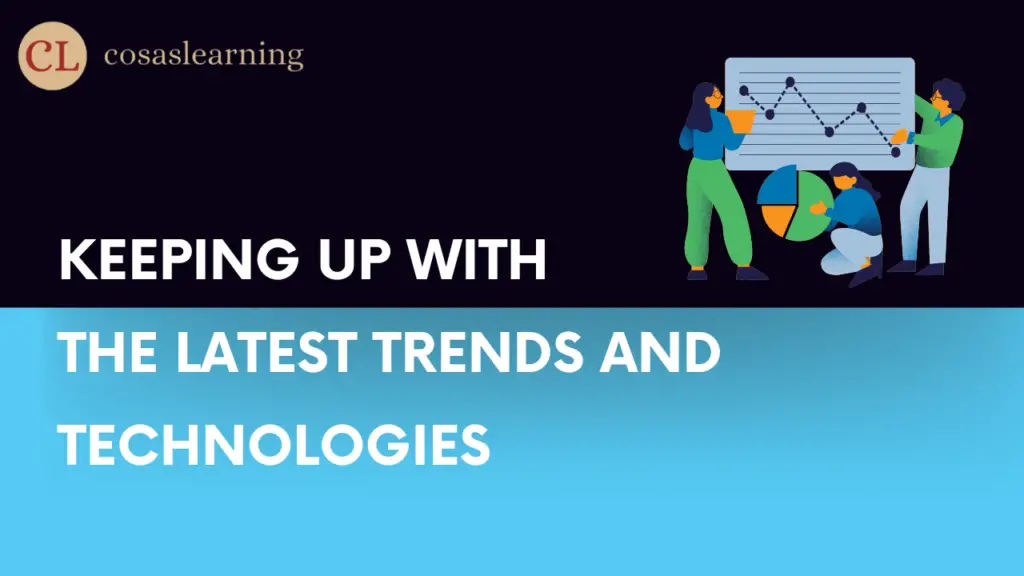
Data science is a field that is constantly evolving, and it is crucial to stay updated with the most recent trends and technologies. Consider the following:
Continuous Learning and Professional Development
Engage in continuous learning by following industry blogs, reading research papers, and participating in online courses. Keep informed about the latest advances in machine learning, data analysis techniques, and emerging technologies.
Joining Data Science Communities and Forums
Participating in online communities and forums lets you engage with other data scientists, ask questions, and exchange knowledge. Engaging in discussions and collaborations can broaden your understanding and provide valuable insights.
Attending Conferences and Workshops
Attending data science conferences and workshops offers chances to learn from experts, explore the latest research, and network with professionals in the field. These events often feature keynote speeches, presentations, and hands-on workshops.
Conclusion
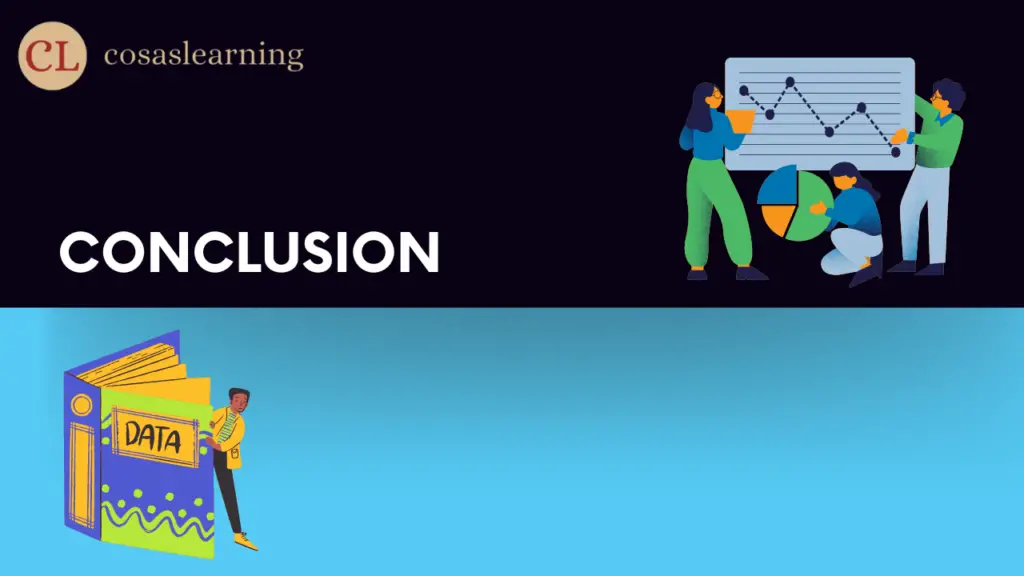
To conclude, becoming a data scientist demands dedication, ongoing learning, and hands-on experience. By following this roadmap and acquiring the needed skills, you can succeed in the dynamic field of data science.
FAQs
Click Here : To Show Your Support! 😍


